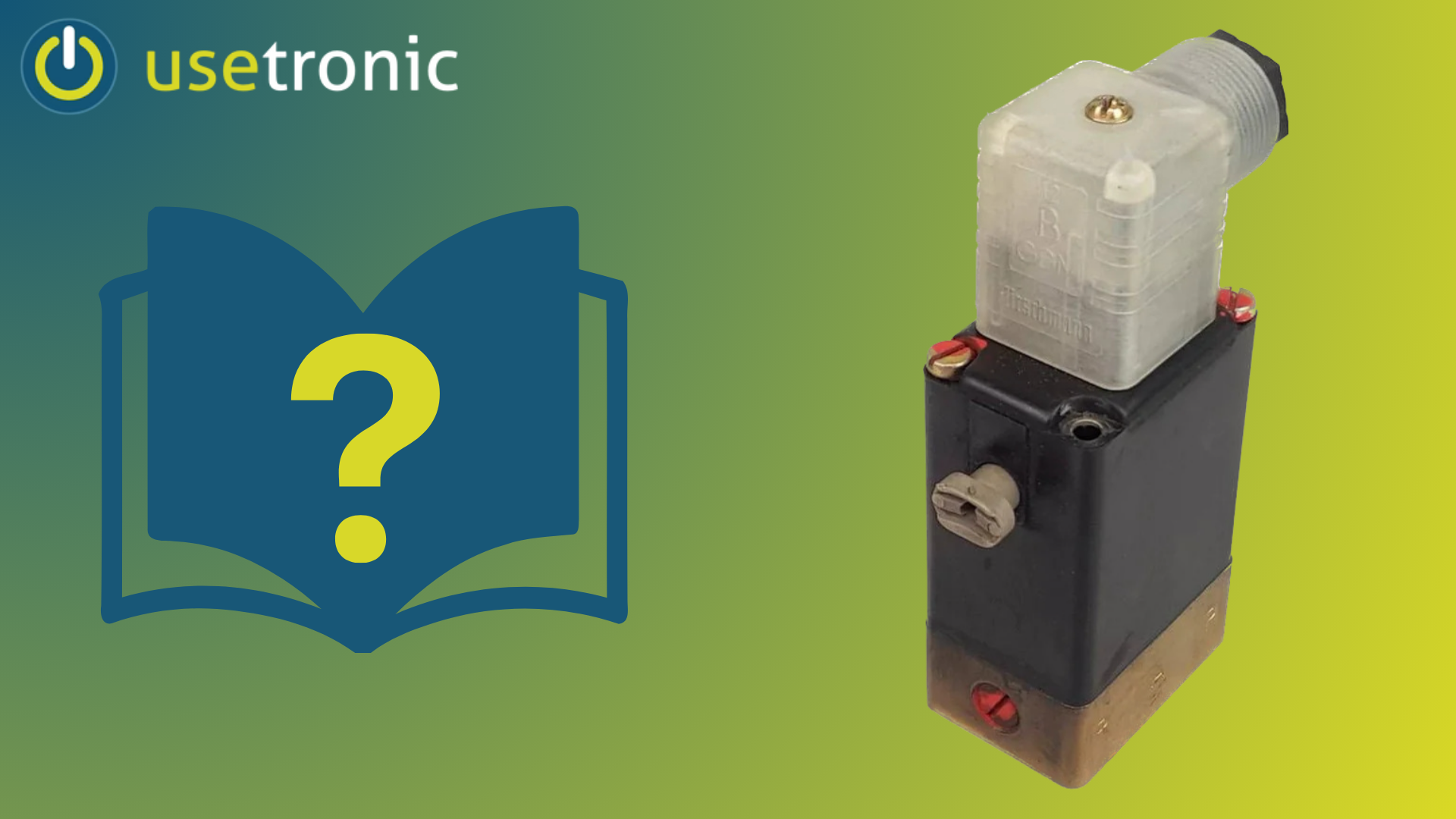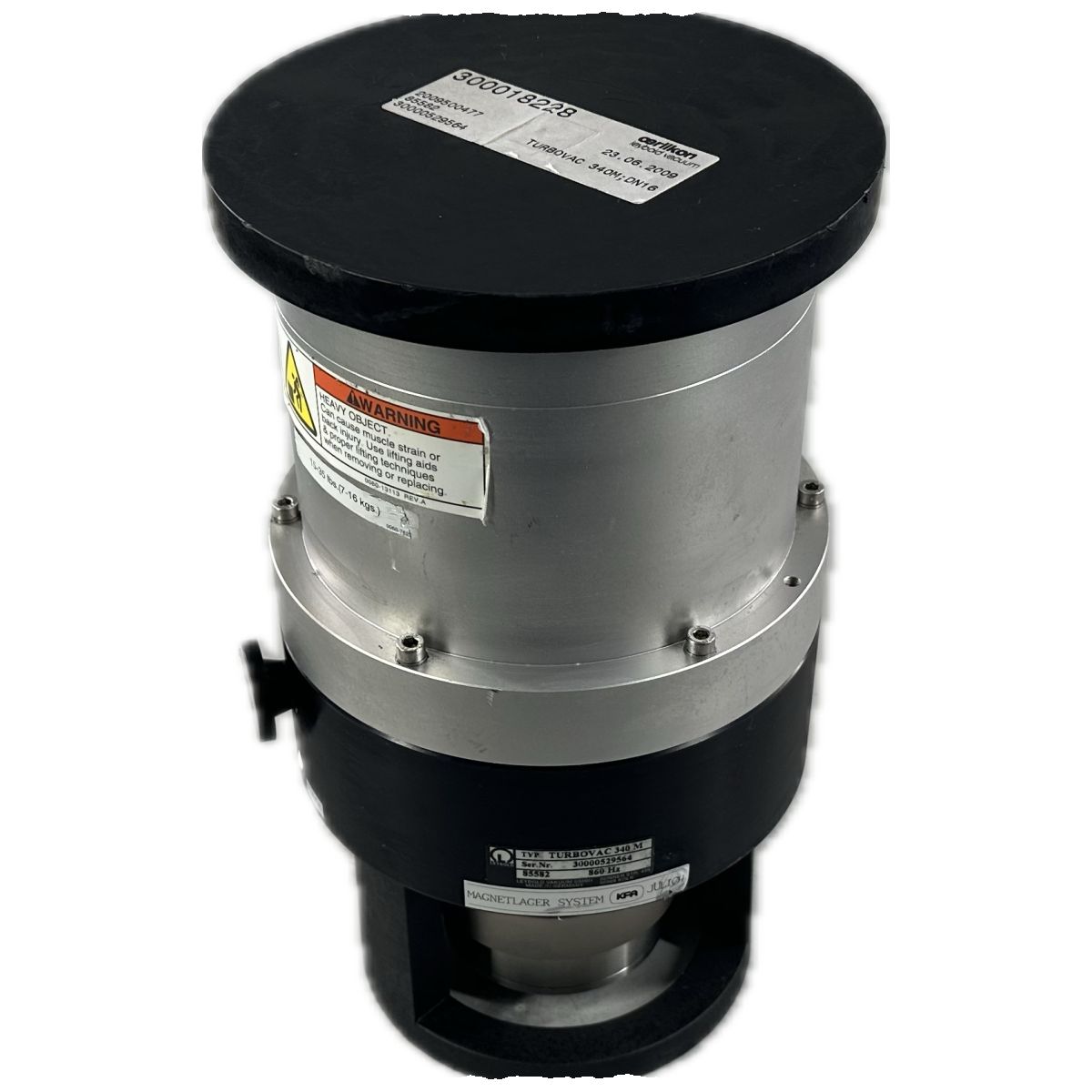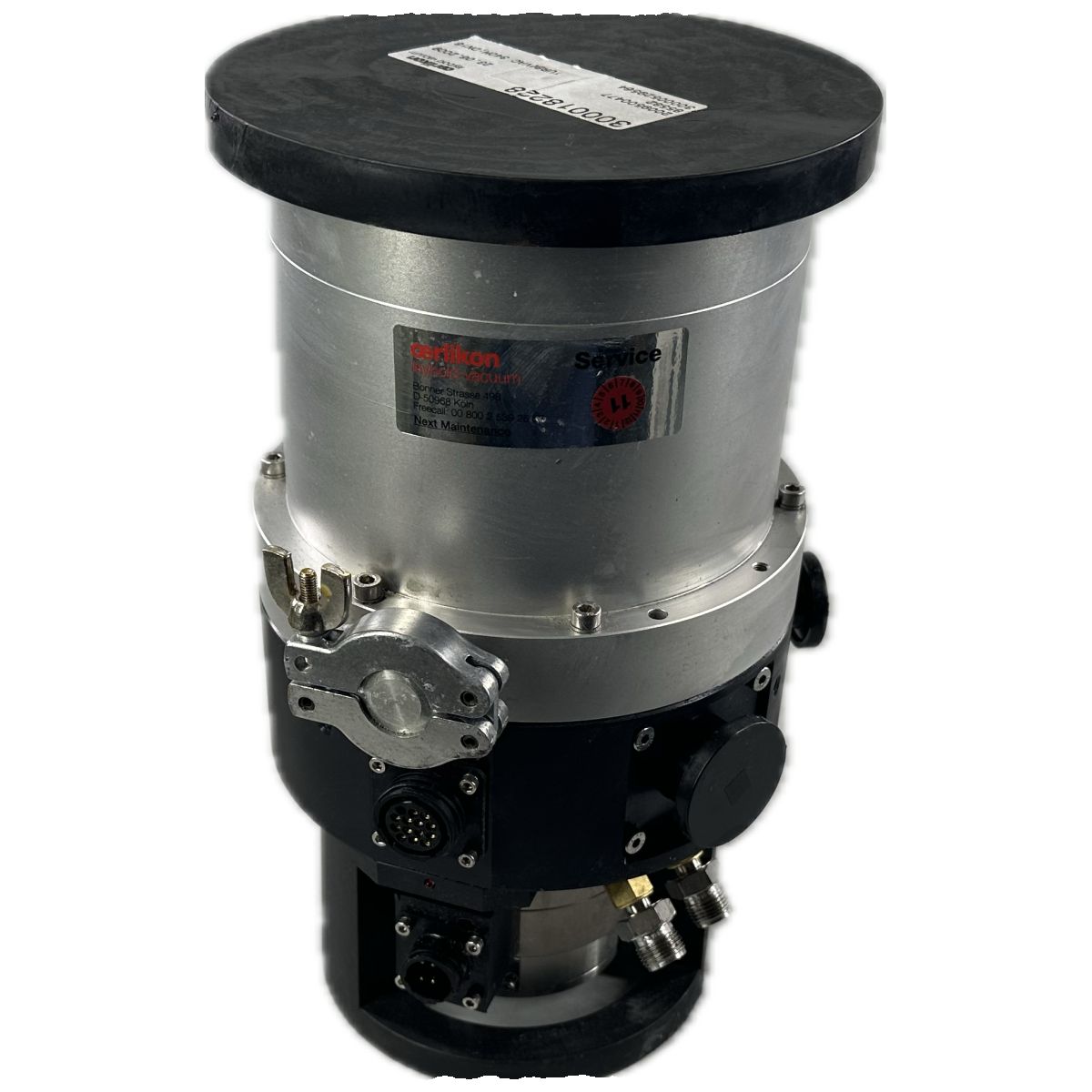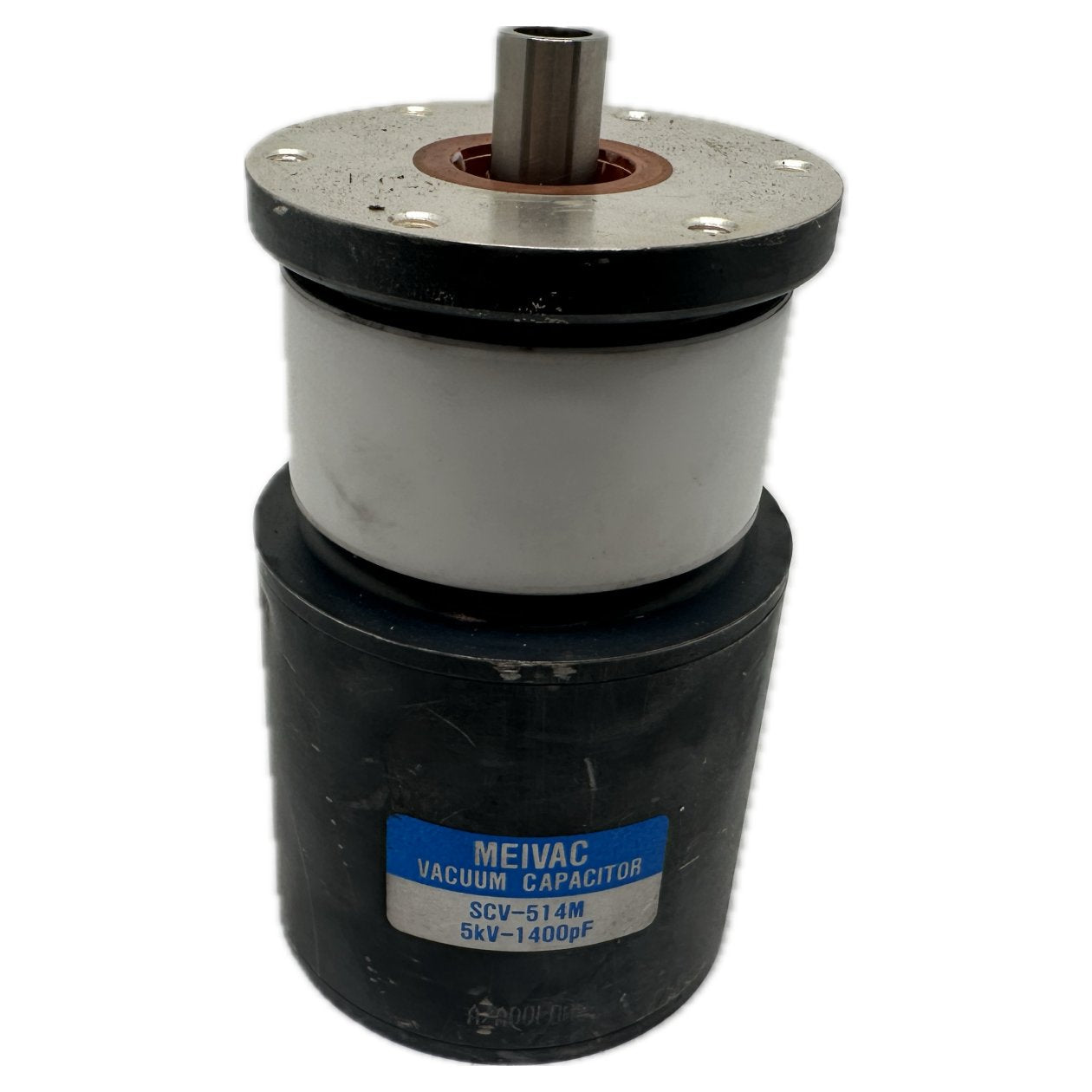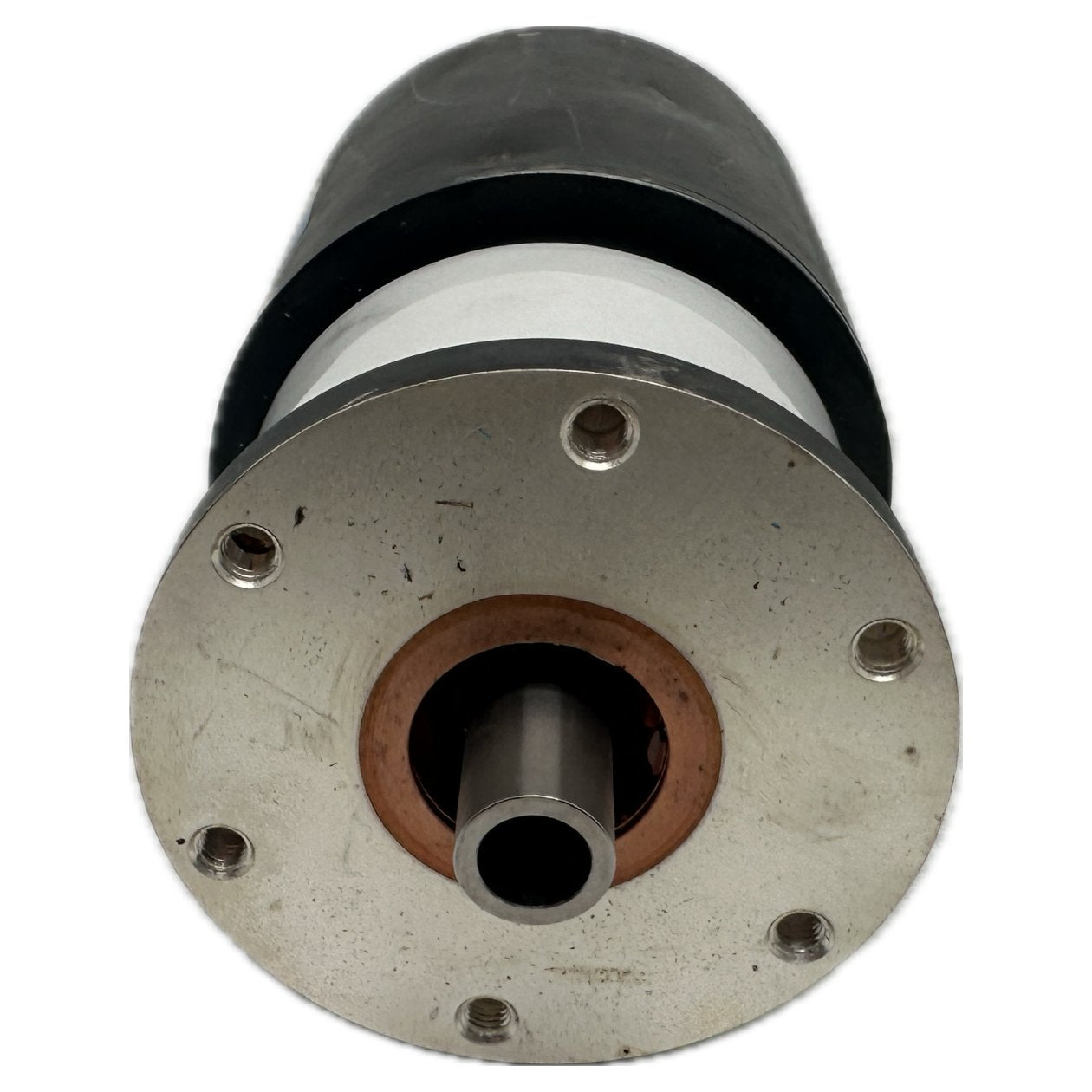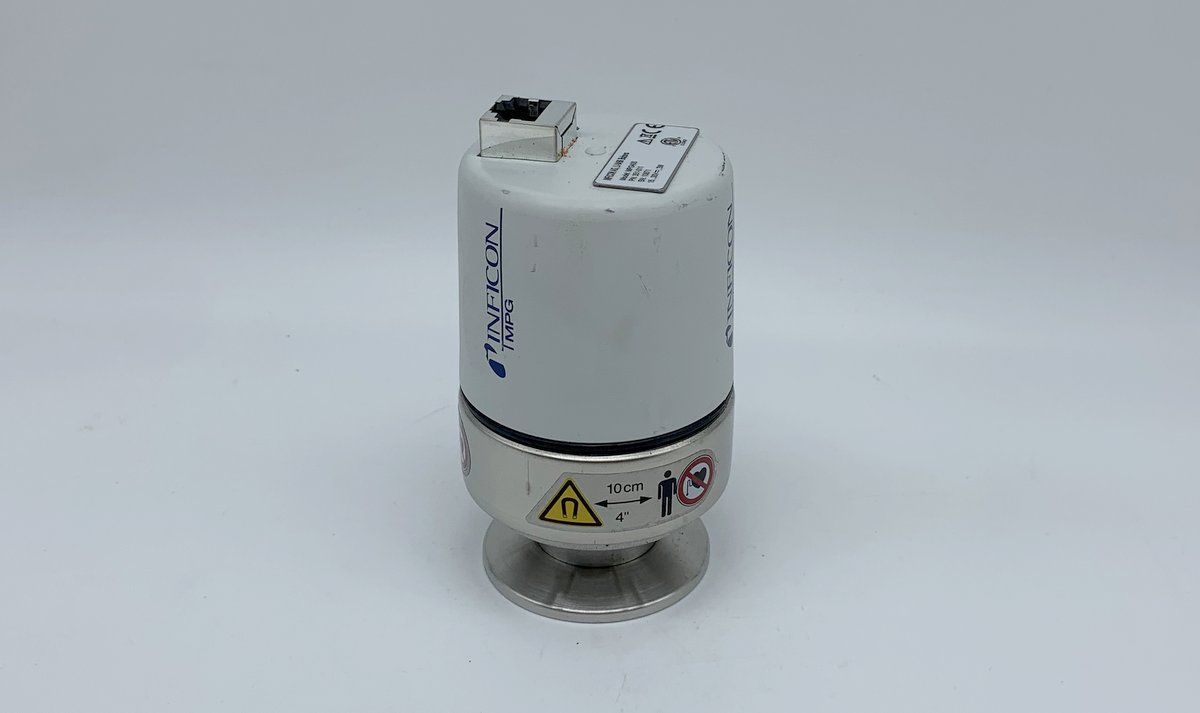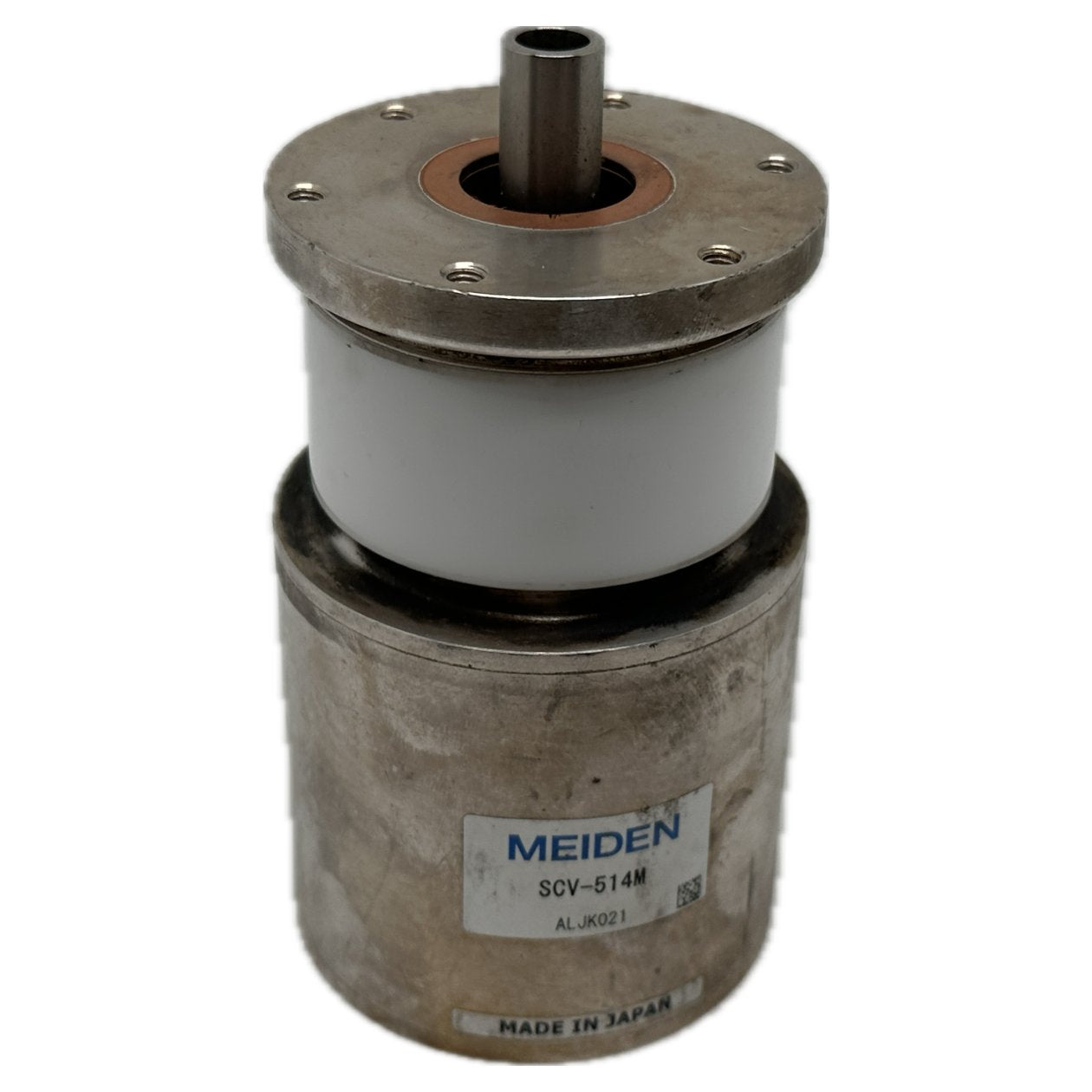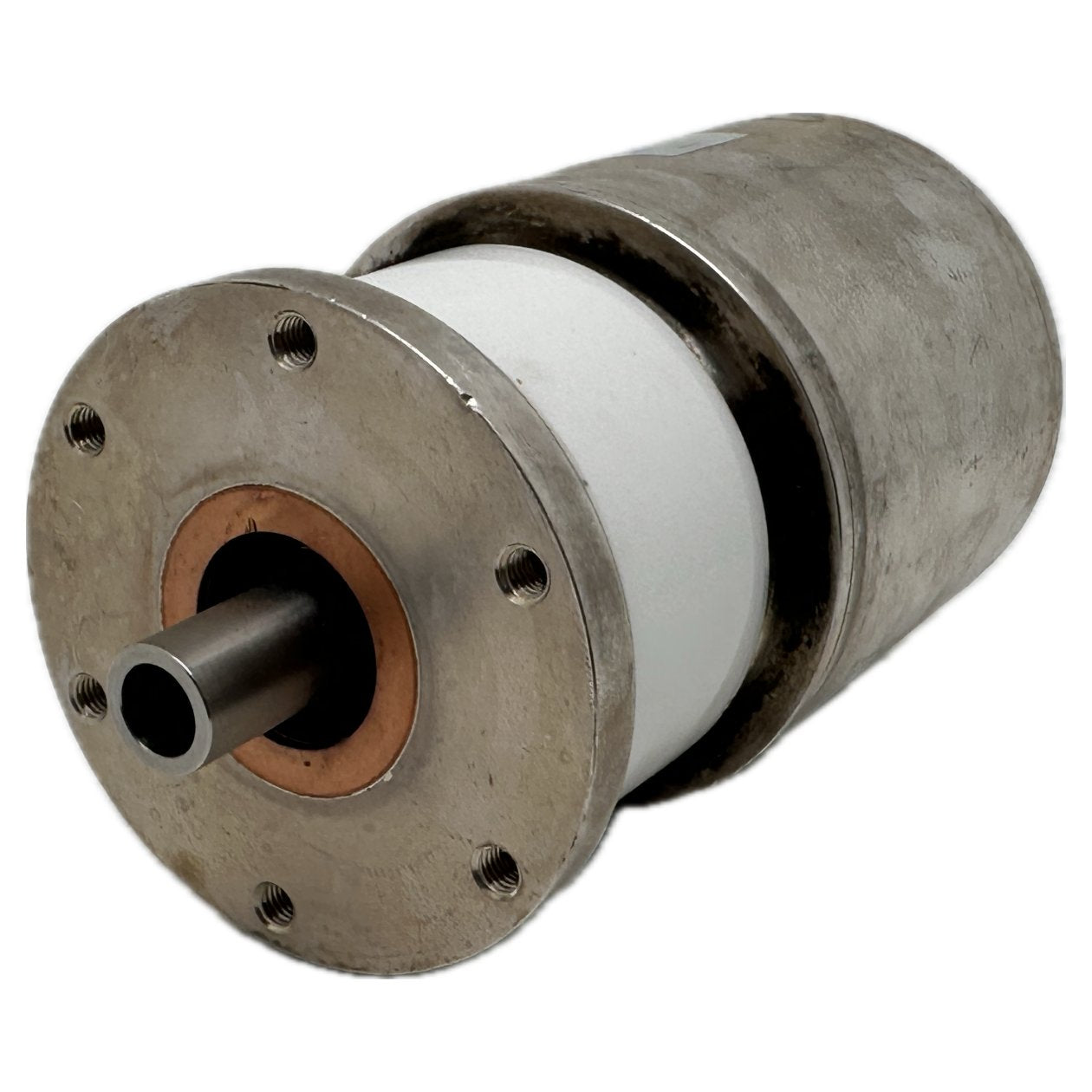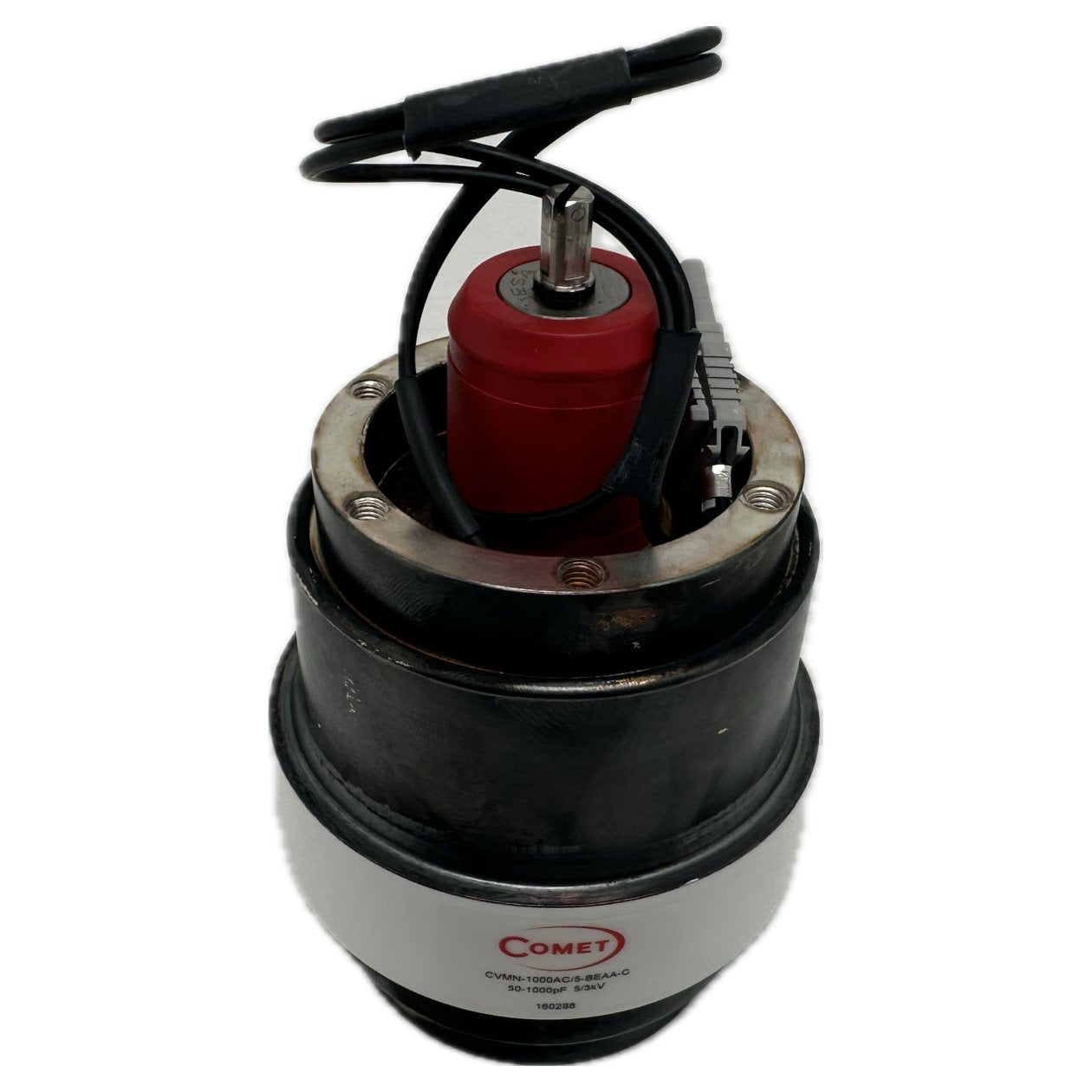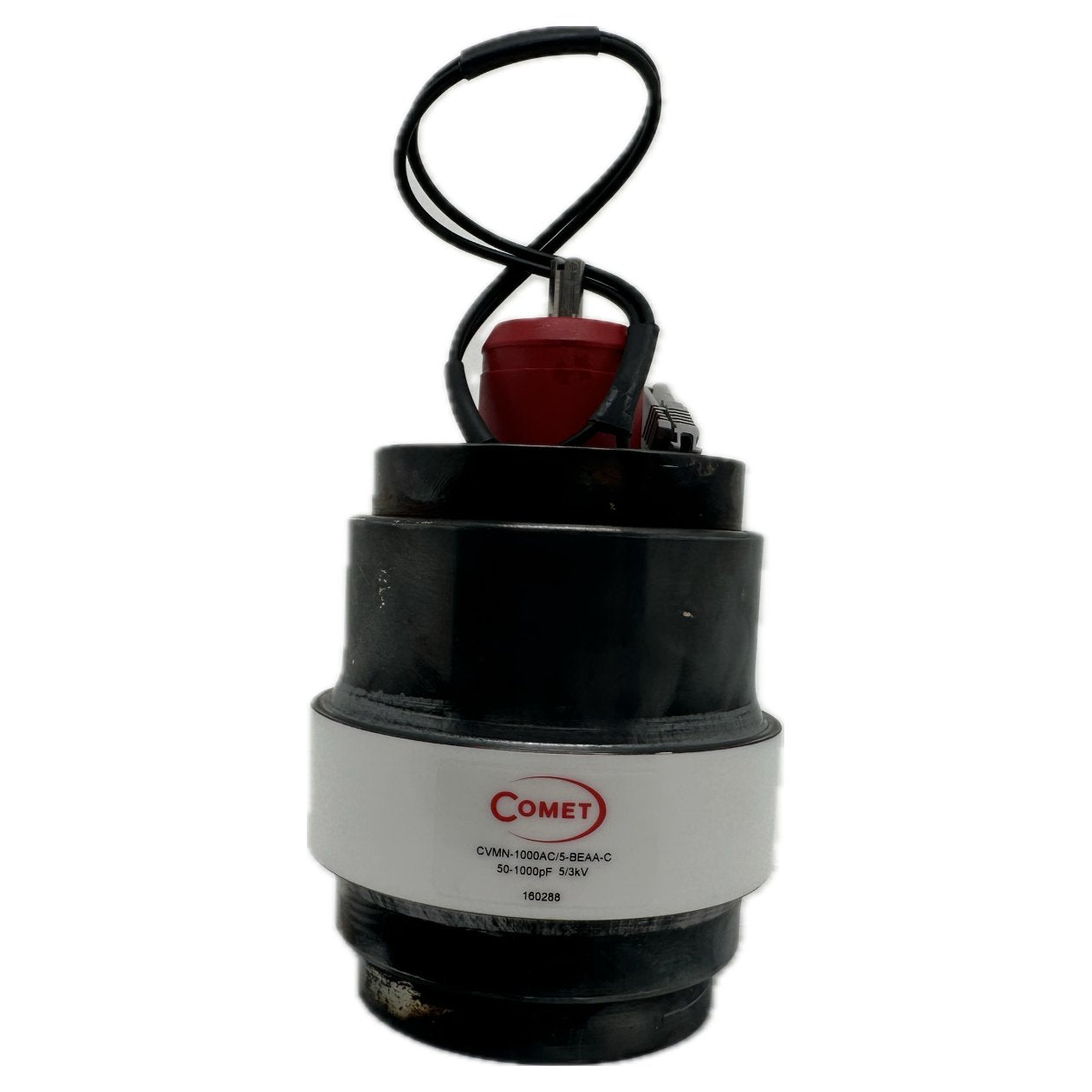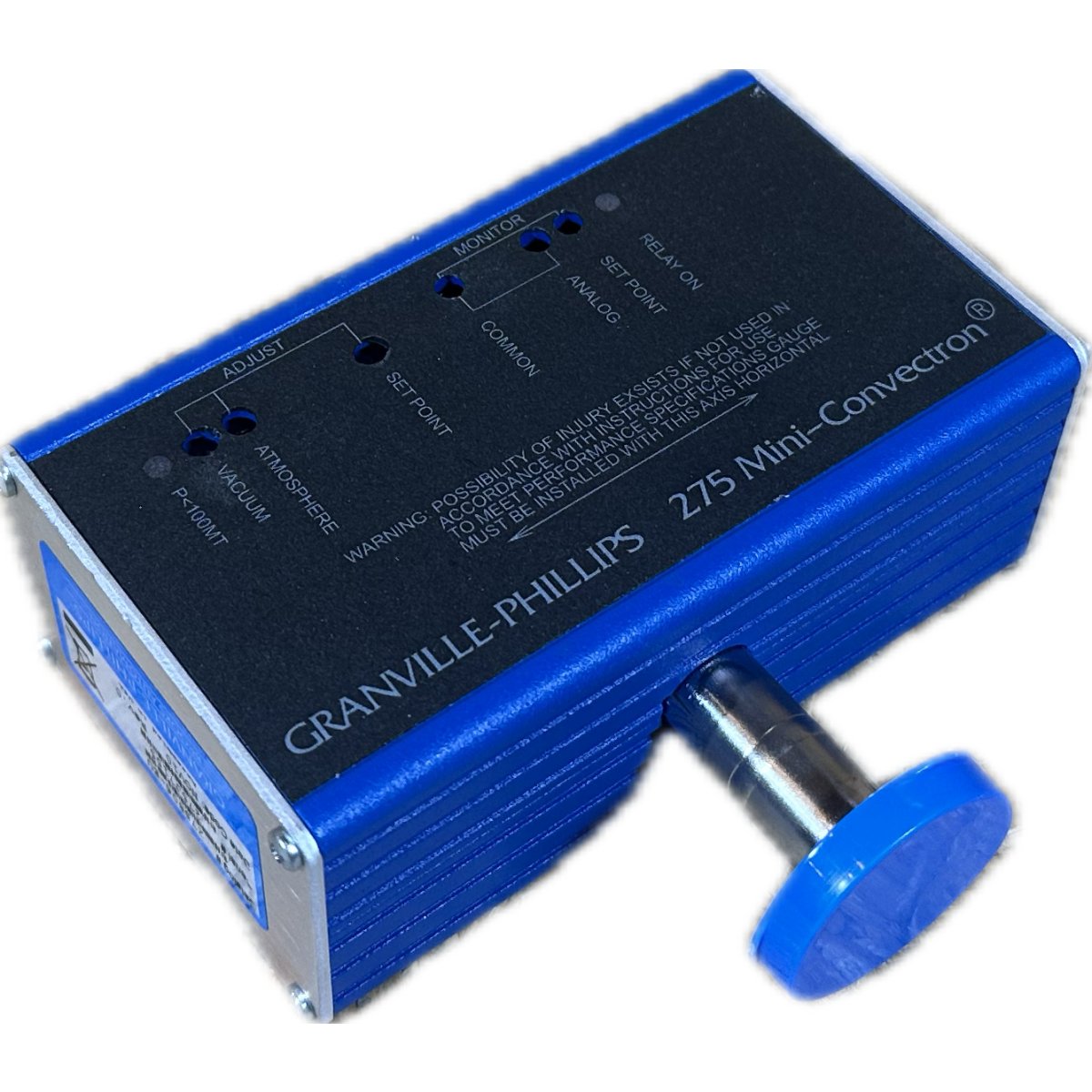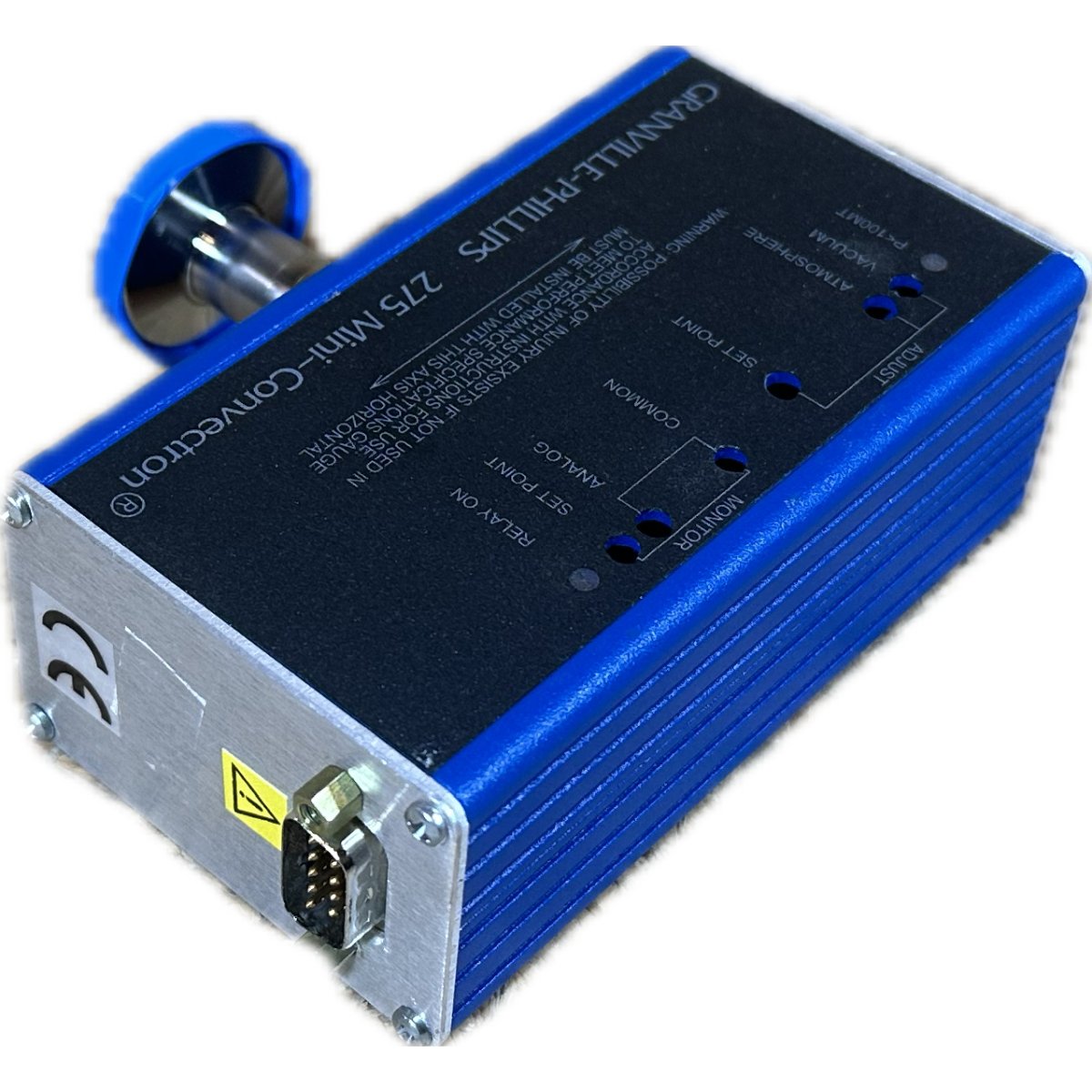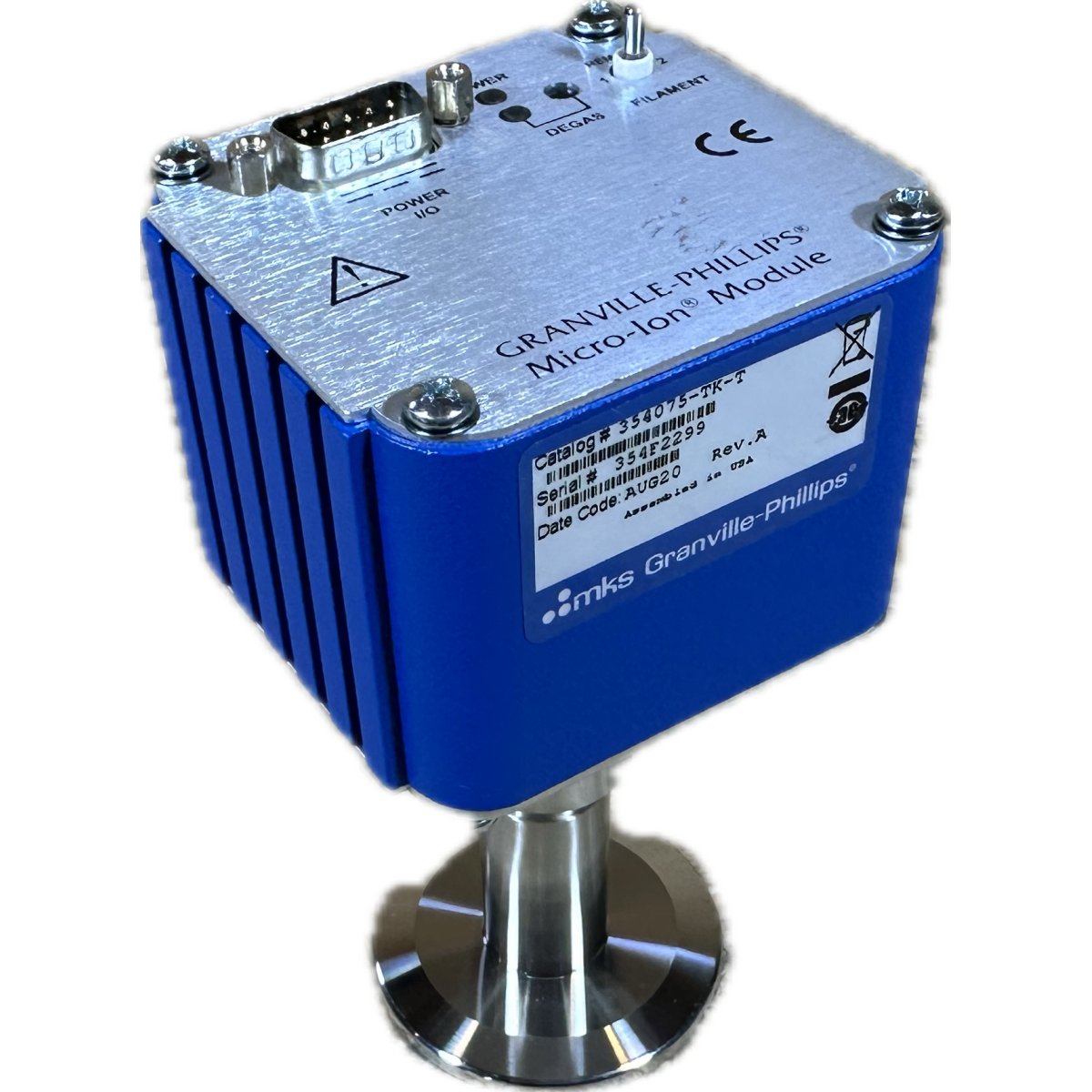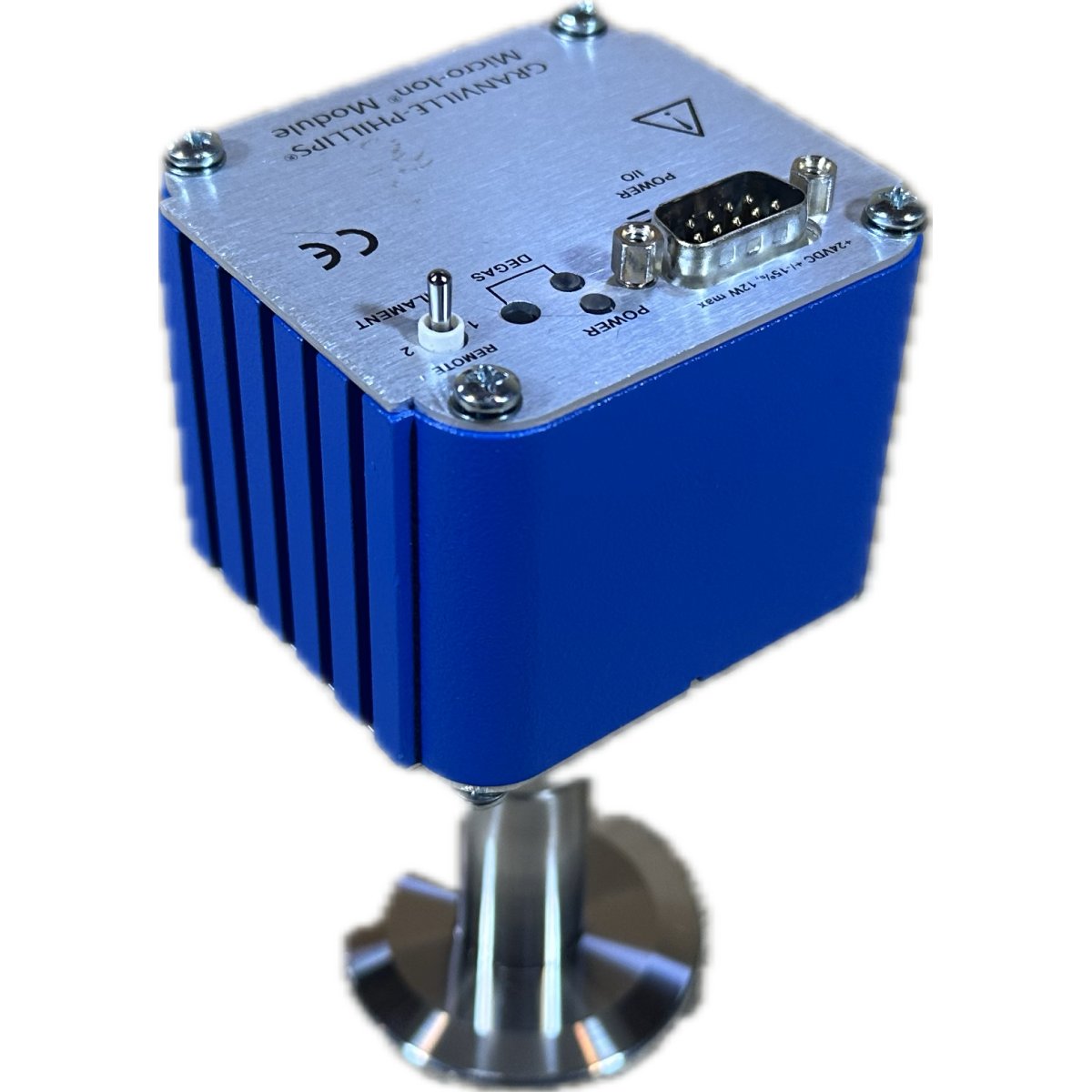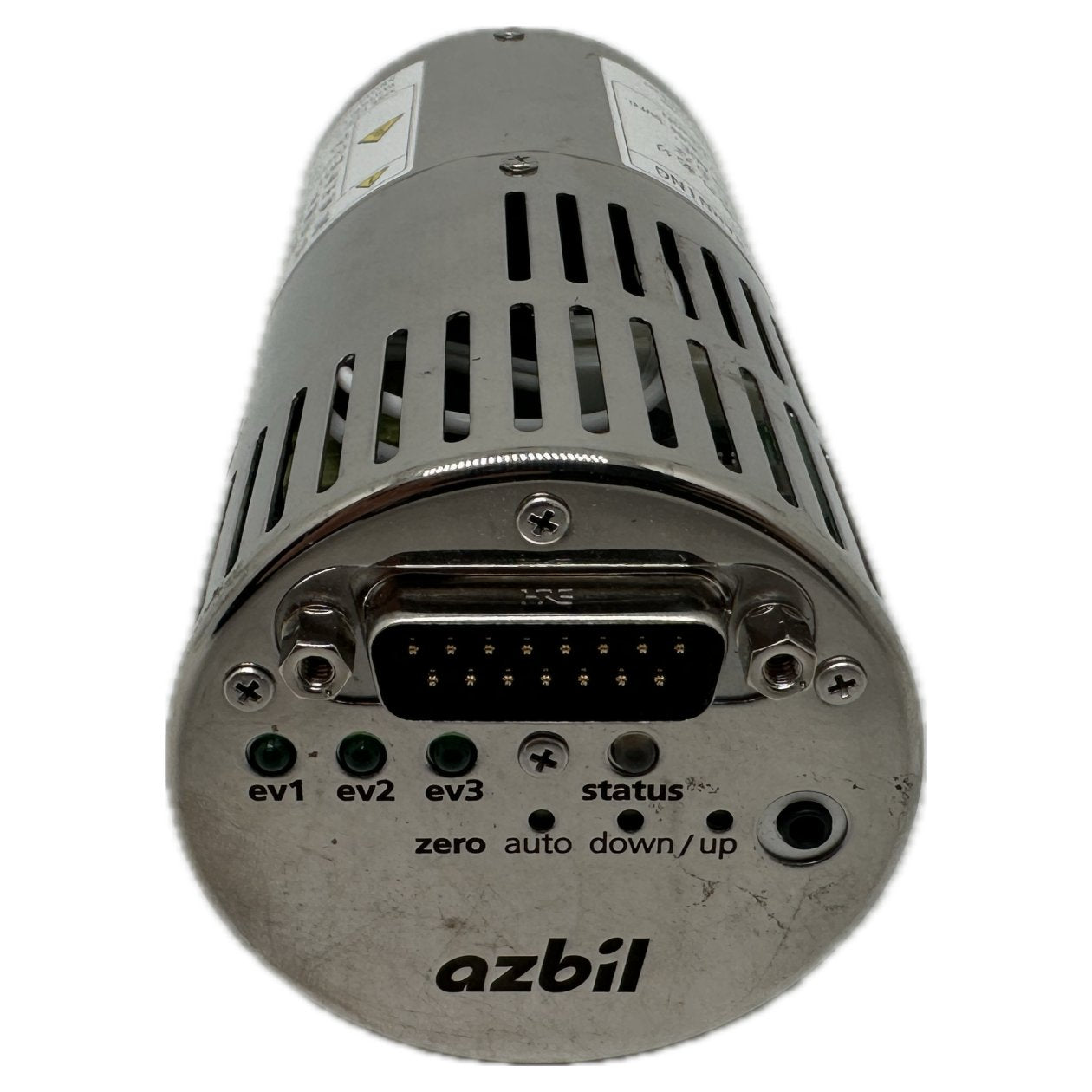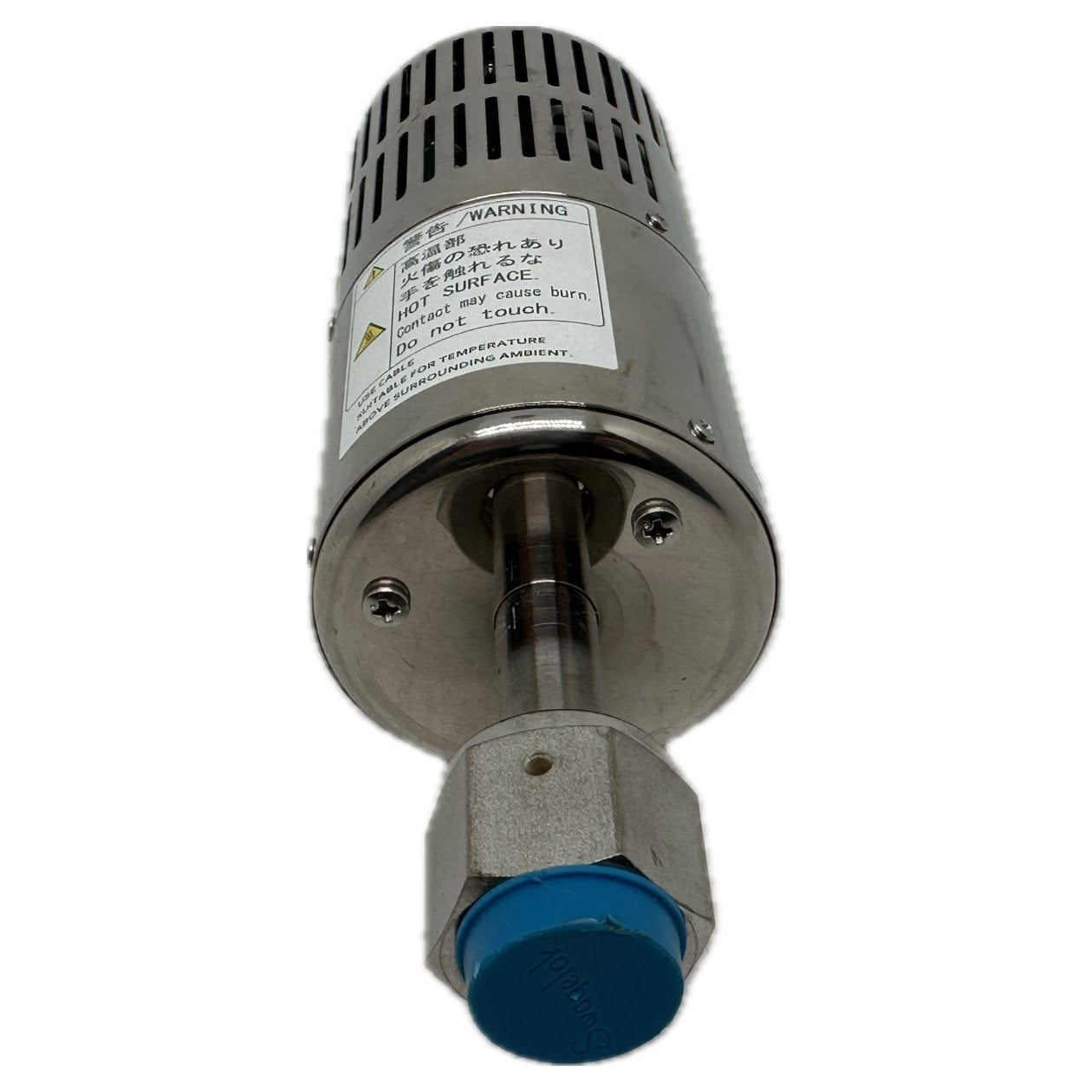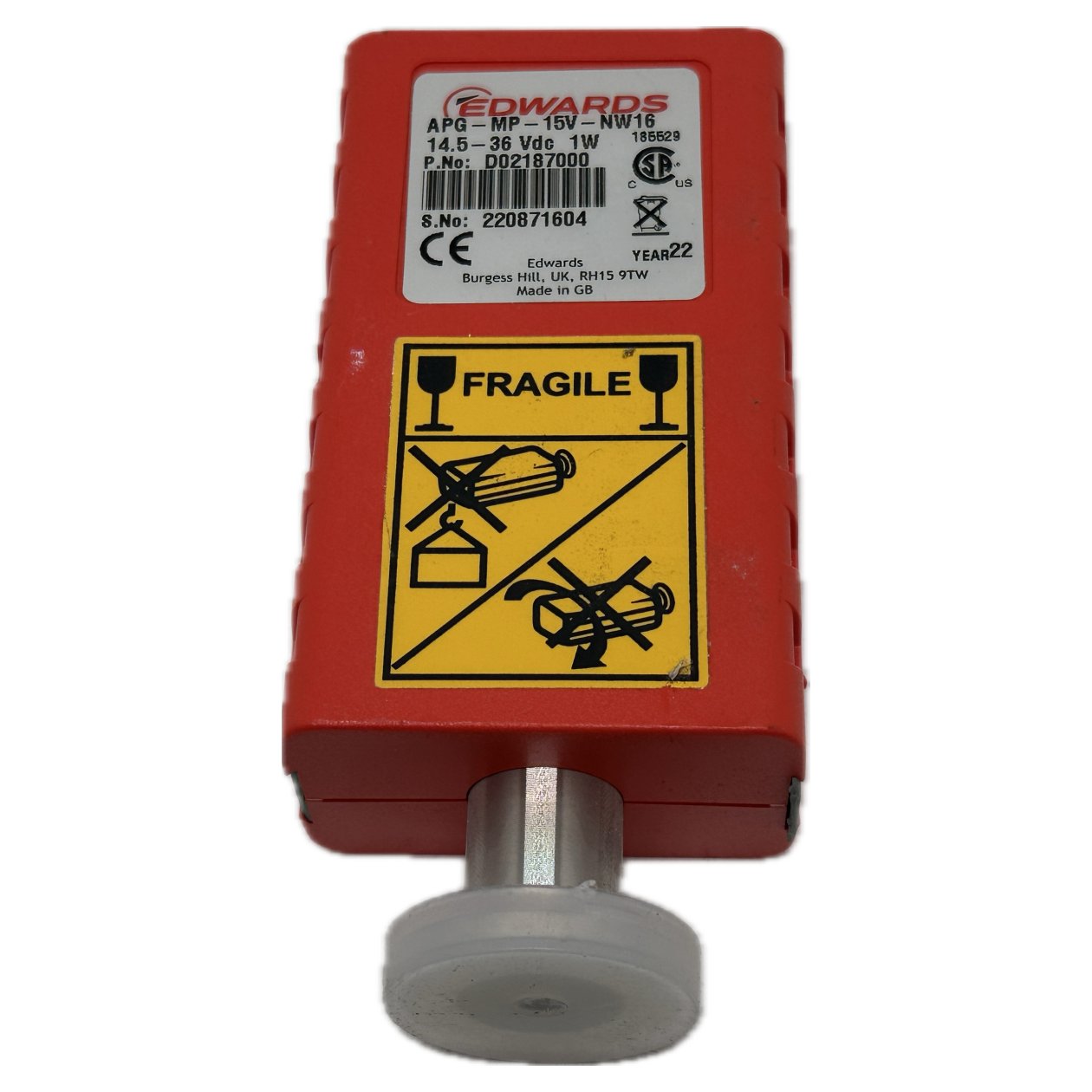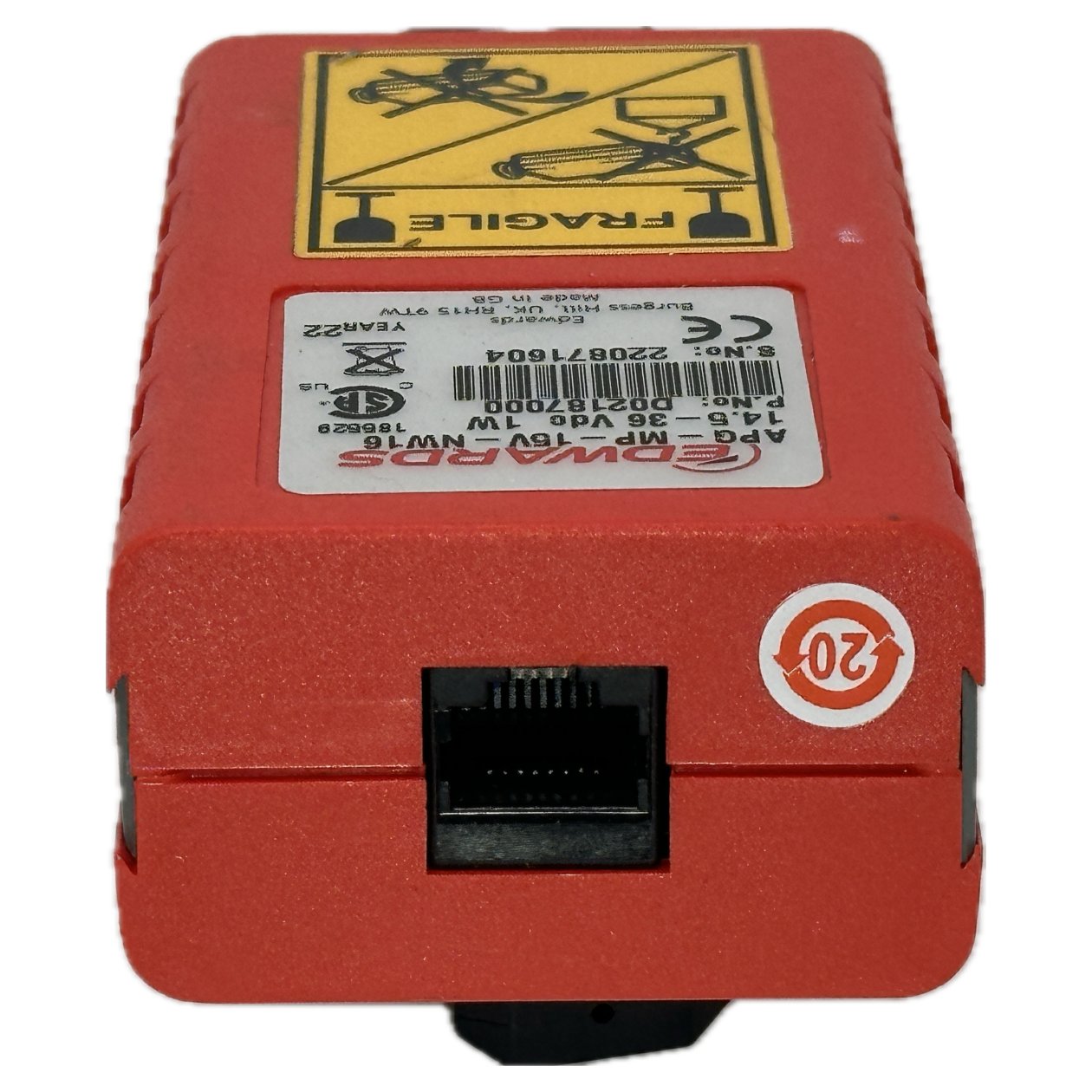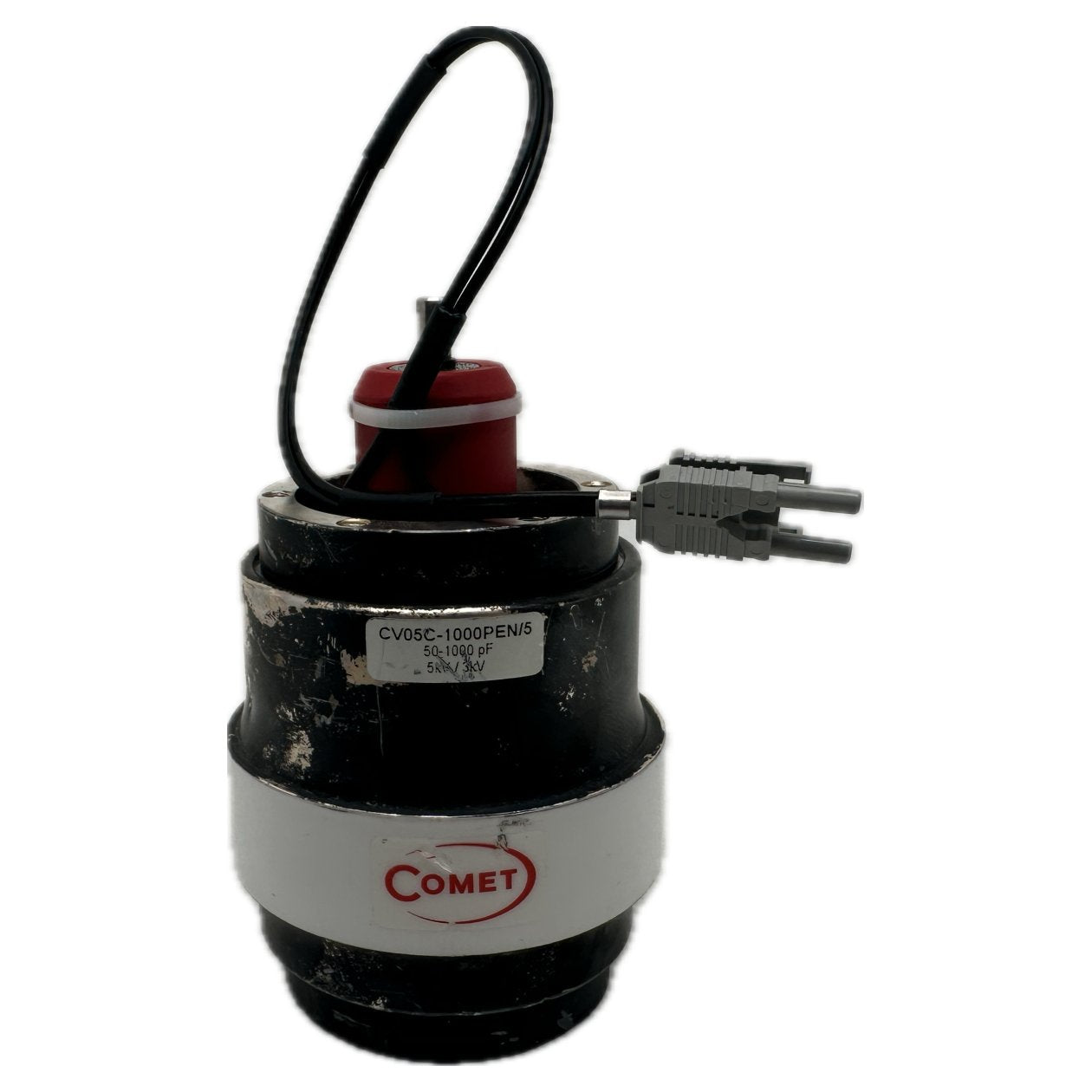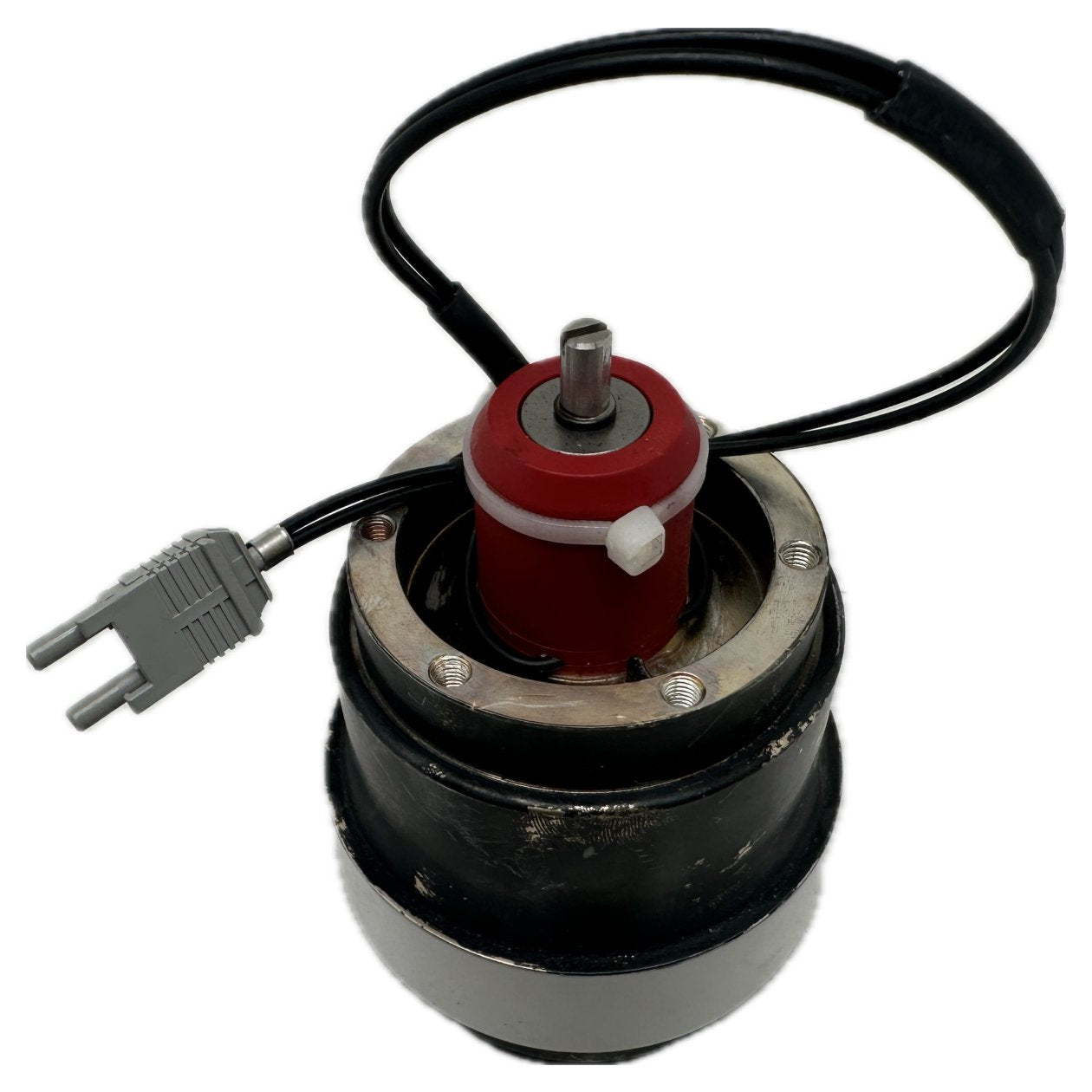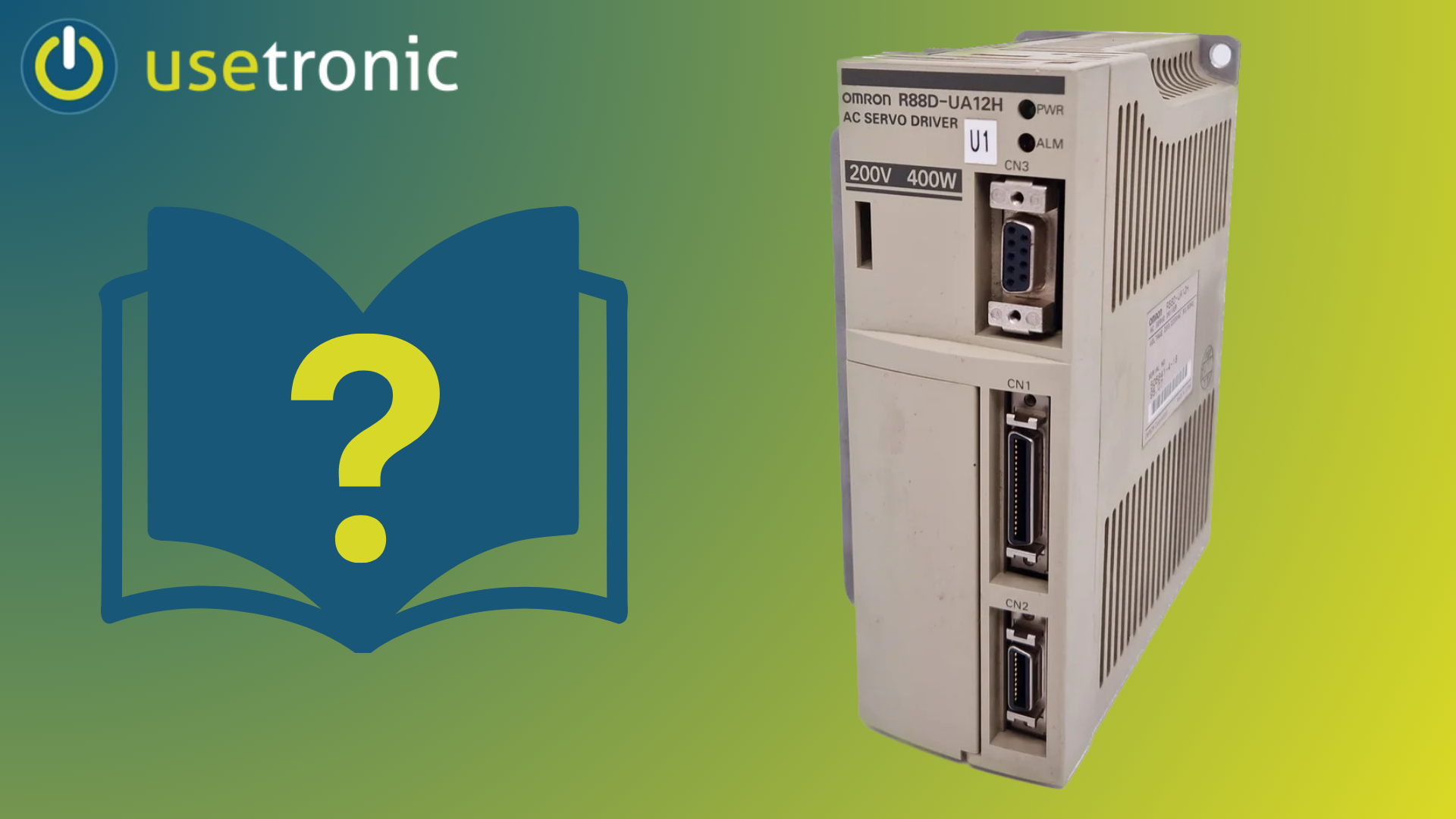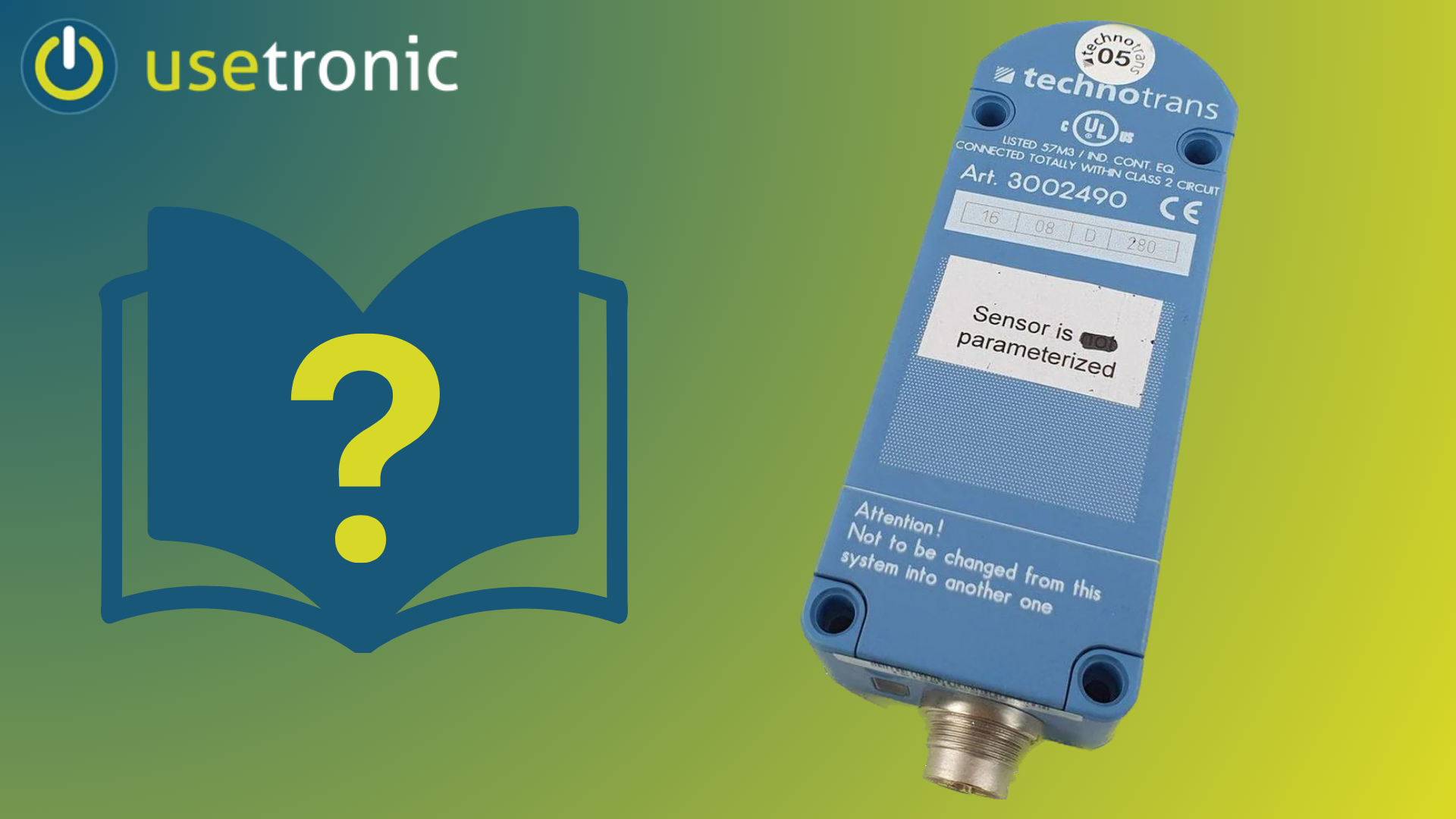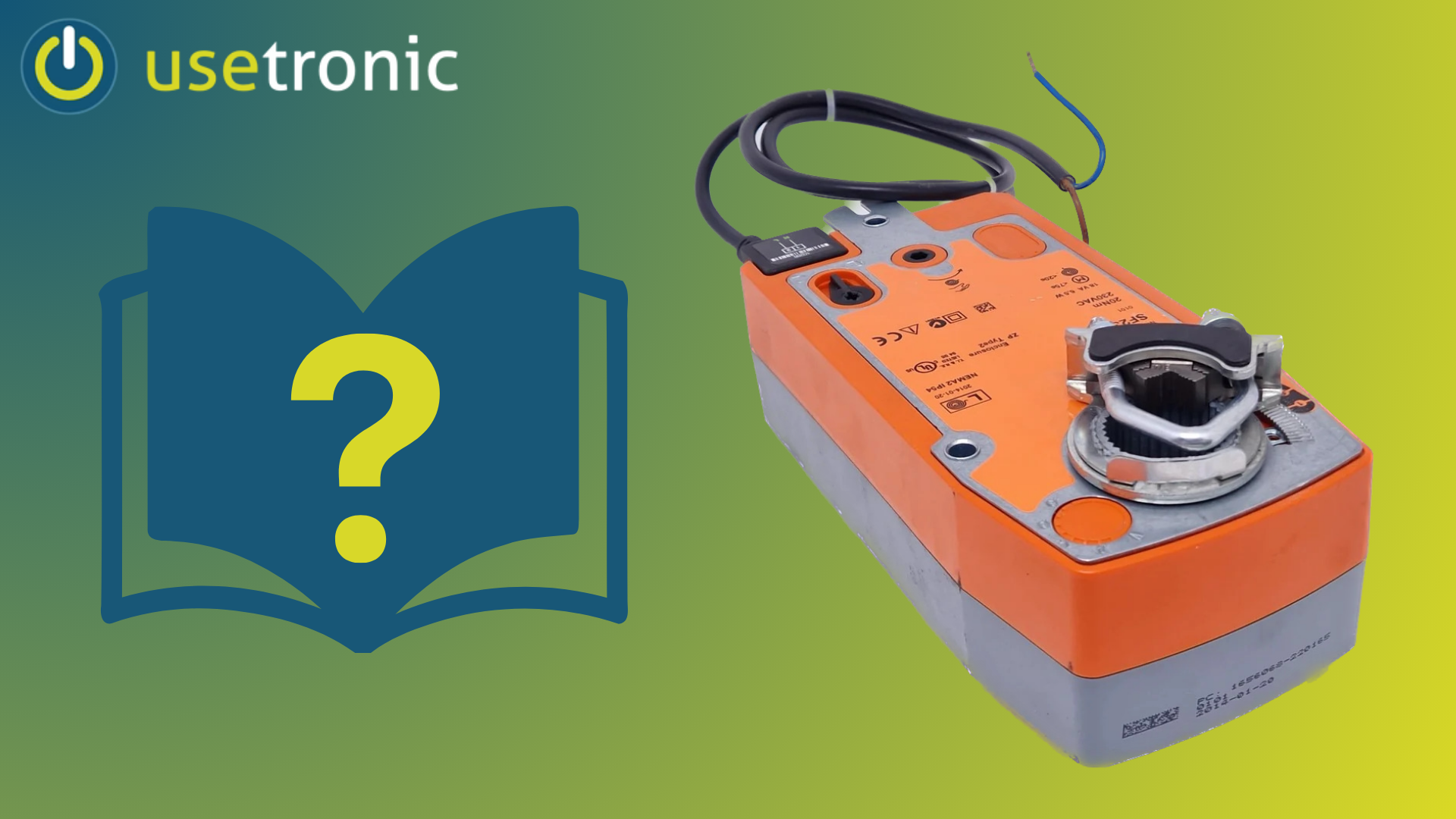What is a Solenoid Valve? Explained Simply
A solenoid valve is an electromagnetically controlled valve that automatically opens or closes the flow of liquids or gases. It is used in many technical systems – from industrial automation to home installations.
🔧 How Does a Solenoid Valve Work?
Solenoid valves essentially consist of:
- Valve body – directs the medium (e.g., water, air)
- Coil (electromagnet) – generates a magnetic field
- Plunger / piston – moves within the magnetic field
When the coil is energized, it creates a magnetic field. This attracts the plunger and opens (or closes) the valve – depending on the design.
⚙️ Applications of Solenoid Valves
- Water supply: e.g., in washing machines or dishwashers
- Heating & HVAC: controlling cooling and heating circuits
- Industrial automation: controlling air or liquids
- Medical technology: dosing of liquids
- Automotive systems: e.g., in fuel systems
✅ Advantages of Solenoid Valves
- ✅ Fast switching: opens and closes in milliseconds
- ✅ Compact design: saves space in the system
- ✅ Versatile: suitable for gases, liquids, steam, etc.
- ✅ Low power consumption: especially in small valves
⚠️ Disadvantages & Limitations
- ❌ Sensitive to dirt: medium must be filtered
- ❌ Limited flow capacity: not suitable for large volumes
- ❌ Coil heating: must be considered during continuous use
🧰 Types of Solenoid Valves
| Type | Function | Characteristic |
|---|---|---|
| Direct-acting | Plunger directly opens/closes valve | For small flow rates, very fast |
| Pilot-operated | Control pressure assists opening | For larger flow volumes |
| Servo-assisted | Additional control line required | Efficient at high pressure |
🤖 Comparison: Solenoid Valve vs. Mechanical Valve
| Feature | Solenoid Valve | Mechanical Valve |
|---|---|---|
| Control | Electrical (automated) | Manual or mechanical |
| Speed | Very fast | Slow |
| Application | Automated systems | Standalone operations |
🧠 Conclusion: When Is a Solenoid Valve Worth It?
Solenoid valves are ideal for automated processes where media need to be controlled quickly and reliably. They offer a compact, cost-effective, and low-maintenance solution for many applications – from dishwashers to industrial systems.
❓ Frequently Asked Questions (FAQ)
▶️ What is a solenoid valve used for?
To automatically open and close pipelines for water, air, steam, etc.
▶️ How long does a solenoid valve last?
With proper use, several million switching cycles – depending on medium, pressure, and maintenance.
▶️ Does a solenoid valve require electricity?
Yes. The magnetic coil requires electrical power (e.g., 24 V or 230 V).

